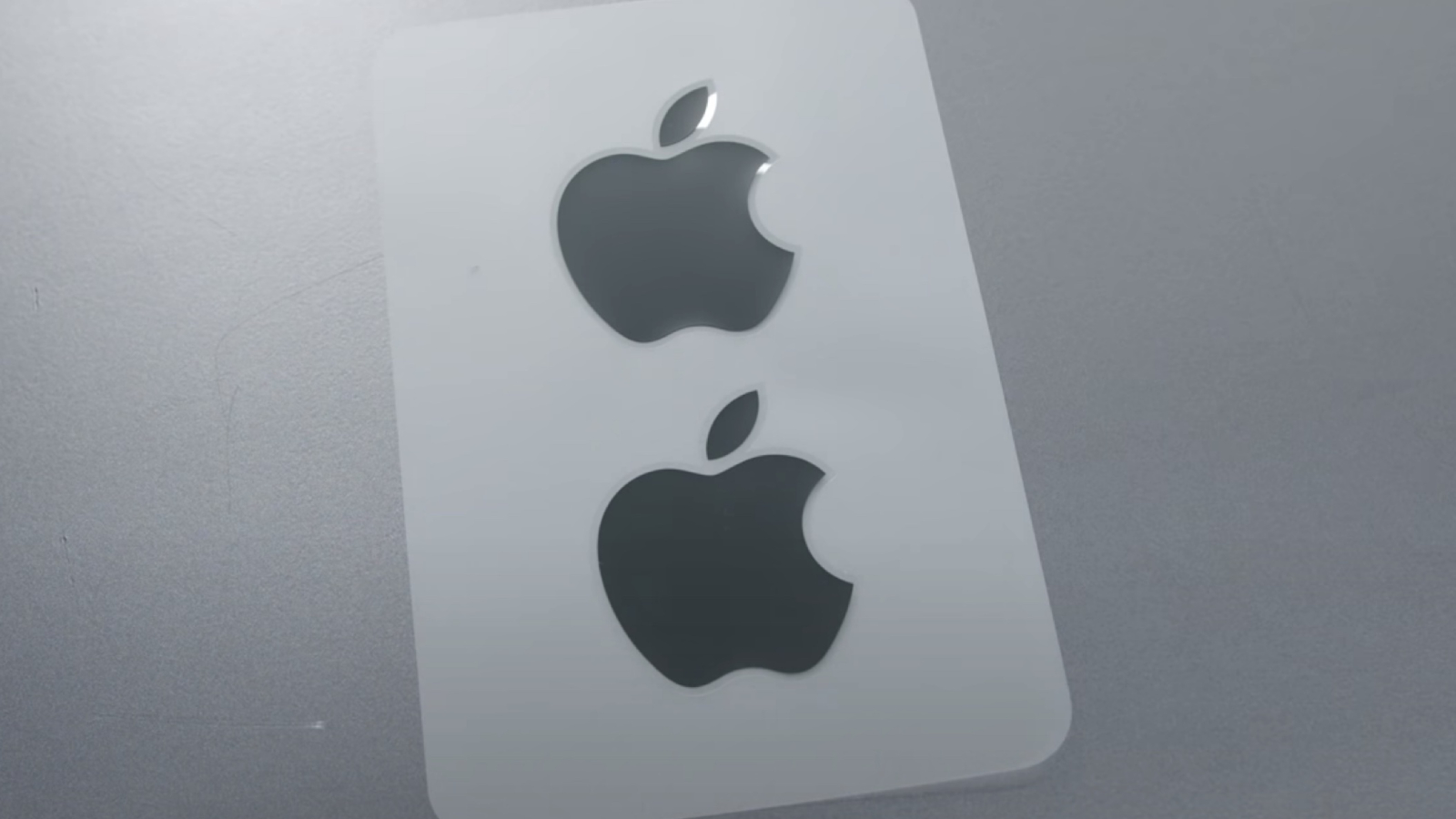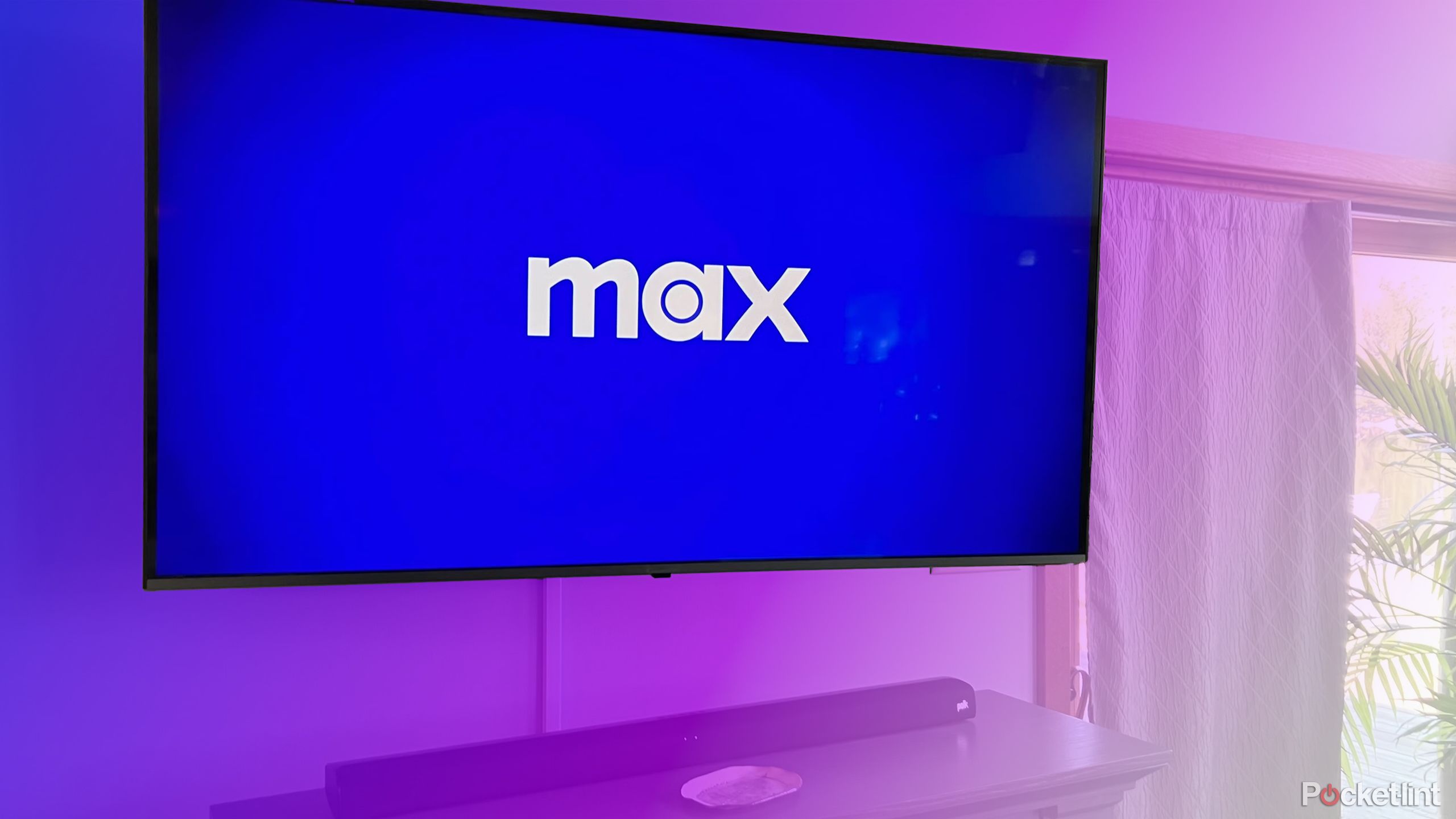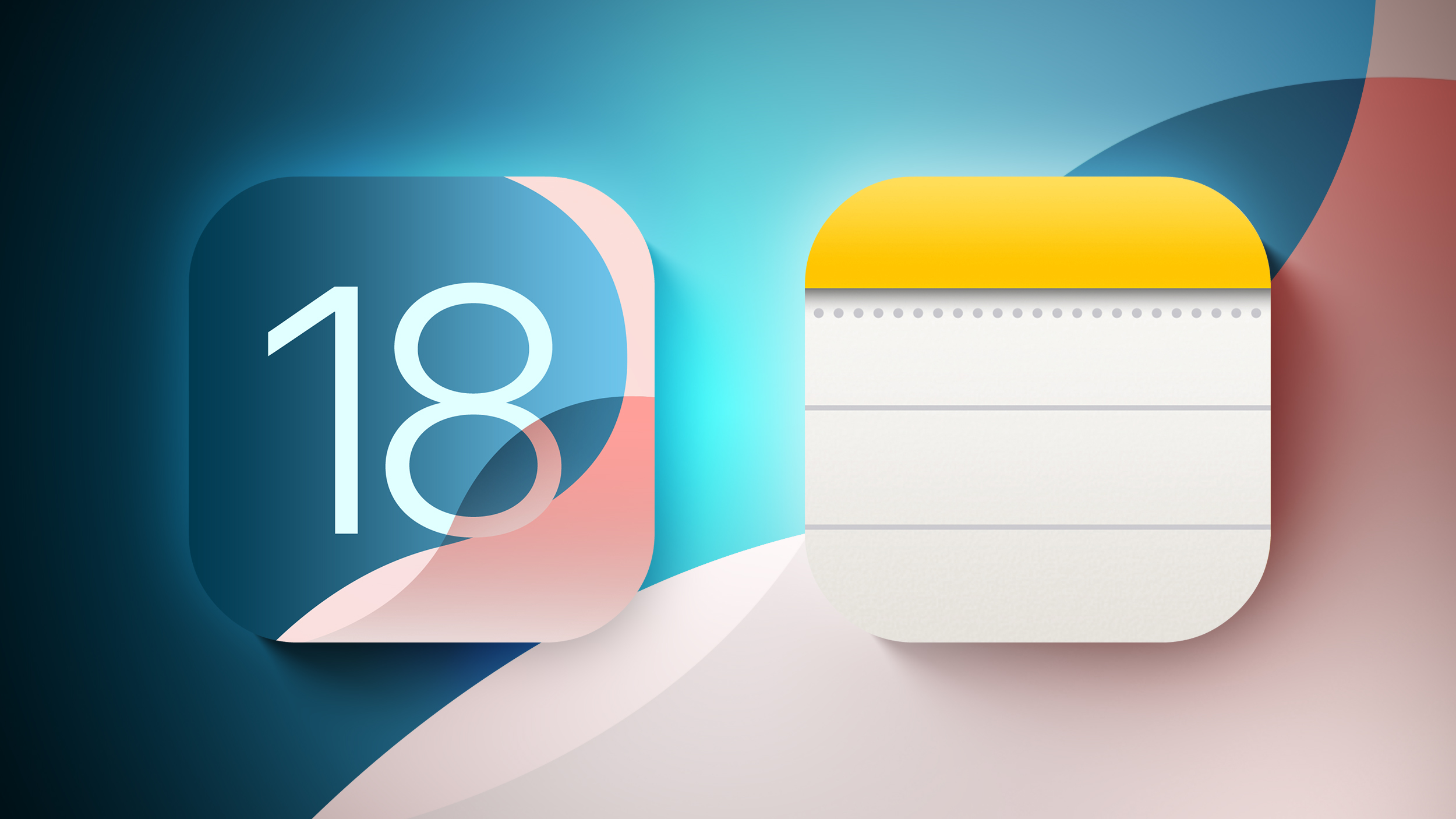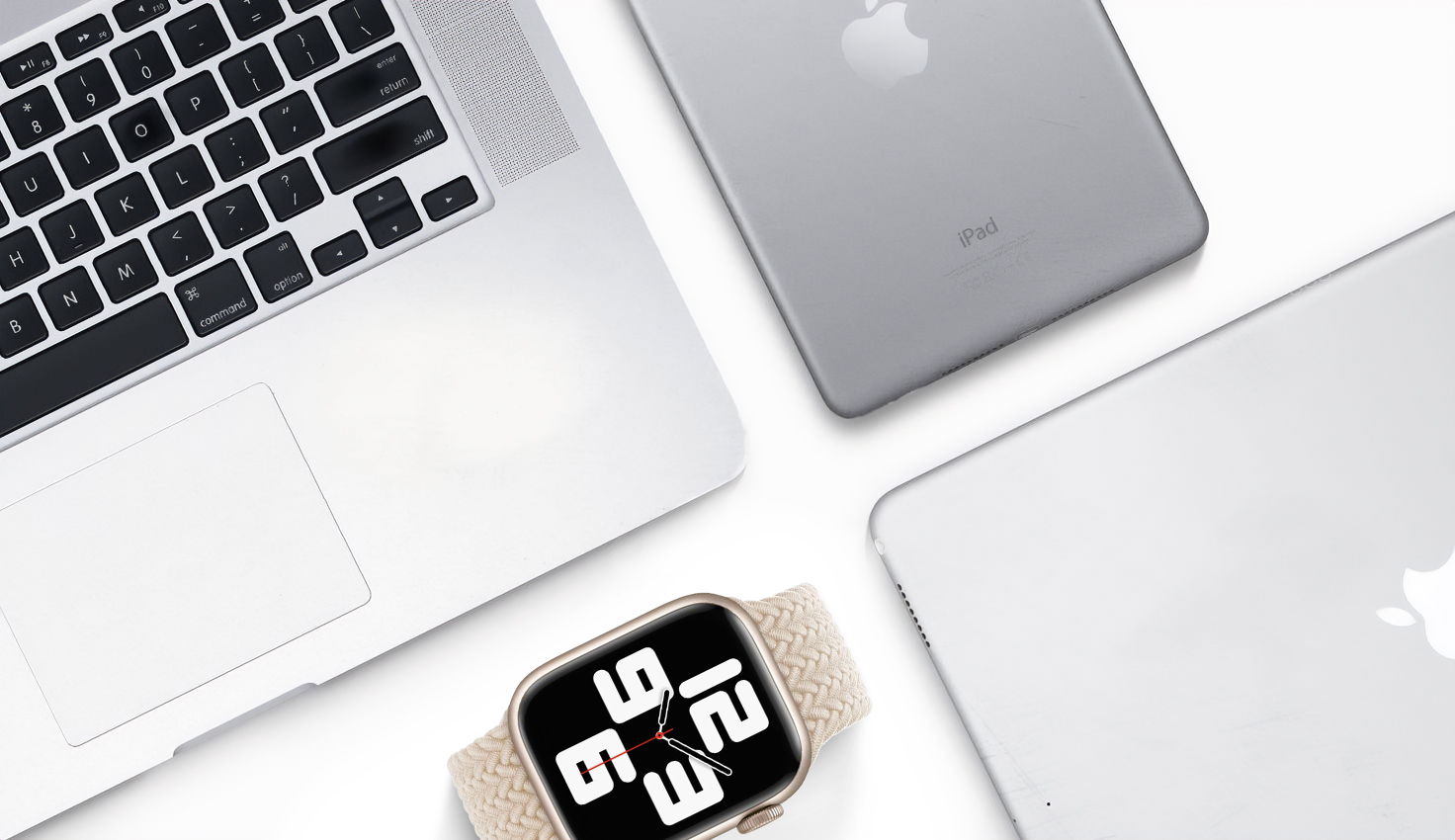M4 MacBook Pro Reviews: Processor Benchmarks Impress, New Nano-Texture Option Worth the Extra $150
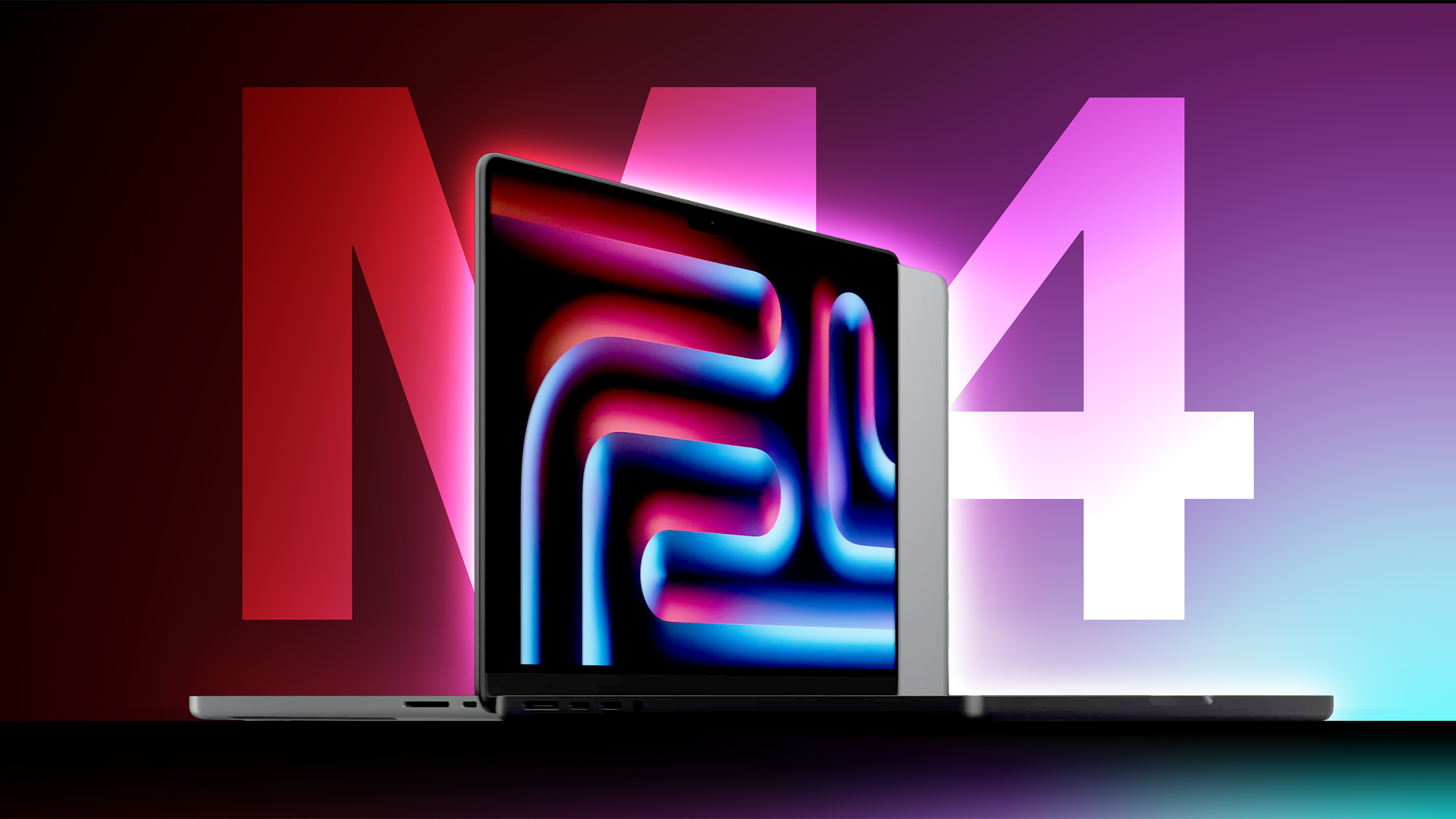

[[{“value”:”The first wave of reviews of Apple’s new M4-powered MacBook Pro models were published this morning. We’ve collected some of the latest impressions from YouTube channels and select media outlets below.

Apple last month announced the new 14-inch and 16-inch MacBook Pro models, adding next-generation M4, M4 Pro, and M4 Max chips, with Thunderbolt 5 ports on higher-end models, display and camera changes, a nano-texture display option, and a few other updates.
Nano-texture Display
The Verge‘s Antonio G. Di Benedetto:
As for doing my edits on the nano-texture display, I know glossy screens have a slightly deeper contrast, but I love not worrying about glare. I’m not exclusively editing in a dark room with a hooded reference monitor, and I like the flexibility of working in places with less-than-ideal lighting conditions. The convenience of the nano-texture far outweighs any slight technical advantage of a glossy display. And at $150, it’s a worthwhile upgrade for visual pros.
Simply put: If you’re buying a new Pro and plan to go outside ever, spend the additional $150. I presently have two Studio Displays on my desktop. One is nano-textured, the other isn’t. It makes a huge difference, even indoors. In fact, at one point I rearranged the two screens in a way that minimizes the glare from the one window in the room.
Glossy displays on Macs are one of those things we complained about years ago, but at a certain point, many of us were worn down by Apple’s refusal to offer an alternative over the years. I had given up on the idea years ago. Now that it’s available, I plan to get it for any MacBook I get, going forward.
I frequently use my laptop outside. If it’s a nice day, I will sit in my backyard under a redwood tree and write. I did so for this article, in fact, and spent some time trying to counteract the afternoon sun shining through the branches with the new screen brightness and nano-texture display.
The results were very good. True, not even the nano-texture display can really defeat the sun shining directly into the screen and reflecting into my eyes. But beyond that extreme condition, it defeated all other forms of glare easily. Using a nano-texture-covered display is a little weird—the reflections just stop at the screen edge, as if by magic. It works incredibly well. And most of the time, in more normal lighting conditions, I didn’t really notice the nano-texture being there. Yes, if you look closely, you will notice a light scatter that reduces contrast a bit.
M4 Performance
The Verge‘s Antonio G. Di Benedetto:
You won’t see the same performance in grueling workloads as you would if you spent a bit more to get an M4 Pro or a lot more for an M4 Max, but the standard M4 has some marked improvements over the M3. The M4 fared about 64 percent better than the M3 in Cinebench’s standard multicore test, and it maintained around a 41 percent delta when running a longer, sustained 30-minute loop of the same benchmark. It’s got two more cores than the M3 we tested, so it makes sense for the M4 to excel here, but its single-core scores in both Cinebench and Geekbench were also over 20 percent better. The machine was up to 25 percent faster in GPU benchmarks with the same number of GPU cores, too.
Unsurprisingly, the M4 MacBook Pro outperforms its predecessors, as well as some of the latest Windows machines running on Qualcomm Snapdragon X Elite and Intel Core Ultra (Series 2) chipsets. It’s quite spectacular to see the $1,599 M4 MacBook Pro outpacing a 16-inch MacBook Pro with an M1 Pro chip that I paid almost $3,000 for.
Apple is now backing all of its new Macs with at least 16GB of RAM. This pays dividends in AI (Apple Intelligence is on board) and graphically intense operations like ray tracing, which helps make games like Lies of P look incredible on the MacBook Pro 14.
In benchmark testing, I found the numbers in line with the M4 performance I saw from the iPad Pro 13 inch. Geekbench 6.3 numbers measurably exceed those of the M3 in my MacBook Air.
When I played Shadow of the Tomb Radar, Steam’s internal frames per second counter showed I got anywhere between 42fps and 62fps. To my eyes, there was no tearing or dropped frames.
According to multi-core CPU performance Geekbench results for the M4 Pro and for the M4 Max, the highest-end variants of the M4 Pro and M4 Max are both able to outperform the highest-end M2 Ultra chip in the Mac Studio and Mac Pro, which is impressive. Specifically, the M4 Max is up to 25% faster than the M2 Ultra in terms of peak multi-core CPU performance.
For customers choosing between the M4 Pro and M4 Max, the M4 Max appears to be up to 20% faster than the M4 Pro in terms of peak multi-core CPU performance. The M4 Max is now the fastest Apple silicon chip in the Geekbench 6 database.
Upgraded Webcam
The Verge‘s Antonio G. Di Benedetto:
Apple has a history of shipping disappointing webcams, even on its $1,599 Studio Display that costs as much as the M4 MacBook Pro and the just-released iPad Mini. But the MacBook Pro’s new 12MP camera has nice contrast even when I’m backlit by a window, and its Center Stage software that keeps you in frame works well enough without being overly aggressive on reframing. I can’t offer similar praise for Desk View, which uses some heavy cropping and software corrections to show a top-down view of your desk. It’s distorted and low-res, and there are myriad better ways to show and tell on a video call — including using your iPhone and Apple’s own Continuity Camera feature.
Apple also upgraded the MacBook Pros’ webcams to 12-megapixels, a major leap over the previous 1080p camera. (Apple hasn’t confirmed the megapixel figure for that camera, but it’s likely around 2MP, the bare minimum to reach 1080p). Having a higher resolution camera also opens the door for Center Stage, which can keep you in focus as you move around your room.
I didn’t hate Apple’s previous webcams, but mostly that’s because I remember how mediocre its older 720p webcams used to be. The new models look far sharper with more accurate colors, and the overall image doesn’t look as heavily filtered as the previous cameras. They also support Desk View (above), Apple’s helpful feature for showing off objects below your screen.
Unboxing Videos
Other Reviews and Hands-On Impressions
The new MacBook Pro Models can be ordered now on Apple.com and will be available in Apple Stores starting Friday.
This article, “M4 MacBook Pro Reviews: Processor Benchmarks Impress, New Nano-Texture Option Worth the Extra $150” first appeared on MacRumors.com
Discuss this article in our forums
“}]]

